
Mentoring the Next Generation of Gerontologists: Supporting Emerging Scholars in an Uncertain Time
Recorded On: 05/20/2025
-
Register
- Non-Member - Free!
- Comp Member - Free!
- Emeritus Member - Free!
- Regular Member - Free!
- Retired Member - Free!
- Spouse Member - Free!
- GSA Staff - Free!
- Transitional Member - Free!
- Graduate Student/Post-Doc Member - Free!
- Undergraduate Student Member - Free!
This year marks the 80th anniversary of the Gerontological Society of America (GSA), offering a timely moment to reflect on the importance of fostering the next generation of gerontologists. Hosted by the Generativity Interest Group, this webinar will explore the importance of mentoring and generativity as we look towards the next chapter in the field. Three panelists who have dedicated their careers to mentoring emerging scholars will be joined by their mentees to reflect on this important work. This webinar is part of GSA’s recognition of Founders Day, May 18.
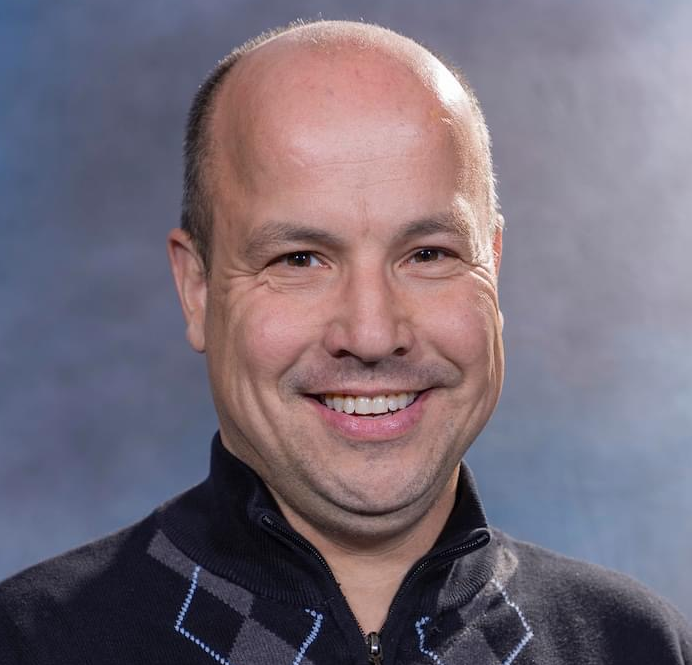
Jordan P. Lewis, PhD, MSW, FGSA (Moderator)
Director of Research
University of Alaska Fairbanks, Center for One Health Research
Jordan P. Lewis is Aleut and Sugpiaq, and his family is from the Naknek Native Village in southwest Alaska and Cannon Beach, Oregon. He is the Director of Research for the Center for One Health Research and a Research Professor with the College of Indigenous Studies at the University of Alaska Fairbanks. He holds a Ph.D. in Community Psychology from UAF, an MSW from Washington University in St. Louis, and a BSW from UAF, and is a certified professional gerontologist. Trained as a cross-cultural community psychologist and gerontologist, Jordan has worked with American Indian and Alaska Native (AI/AN) communities to identify characteristics that enable Alaska Native Elders to age successfully, or age in a good way, and become role models for their families and communities. Using the lessons and experiences of AIAN Elders, Jordan’s research develops generative-based approaches to improve the health of all generations.
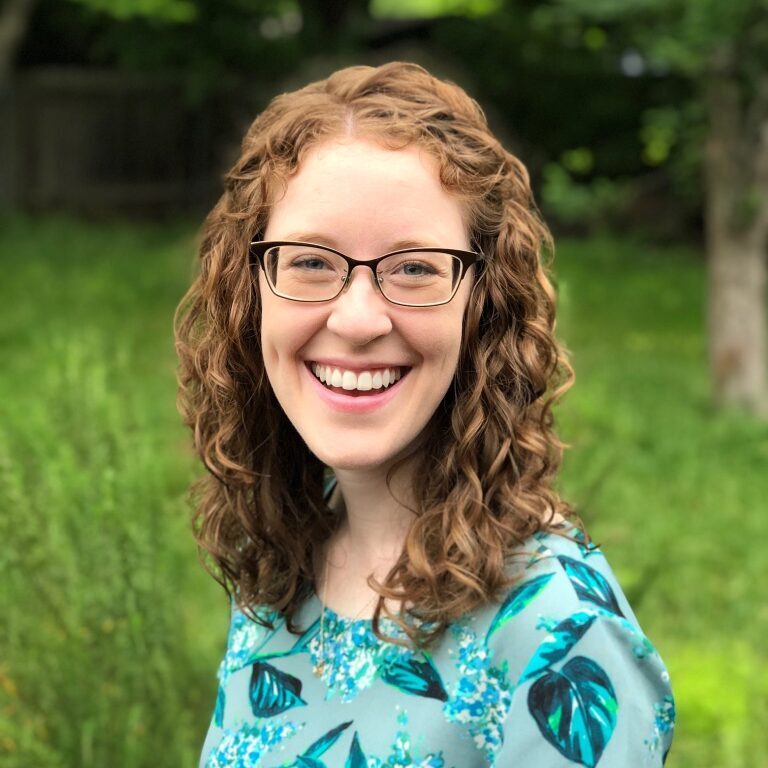
Sarah Neller, PhD, APRN, AGPCNP-BC (Moderator)
Assistant Professor
University of Tennessee, Knoxville
Sarah Neller, PhD, APRN, AGPCNP-BC is an Assistant Professor in the College of Nursing at the University of Tennessee. She is a committed gerontologist, adult-gerontology primary care nurse practitioner, and nurse scientist with a vision to advance research that promotes healthy aging by fostering well-being, intentional living, and life engagement among older adults. Dr. Neller’s work explores the cultivation of generativity and the concept of leaving a legacy of values to enhance social and communal engagement for older adults, ultimately helping them find purpose and remain actively involved in their communities as they age. Through her work and community engagement, Dr. Neller is dedicated to promoting healthy longevity and improving the quality of life for older adults.
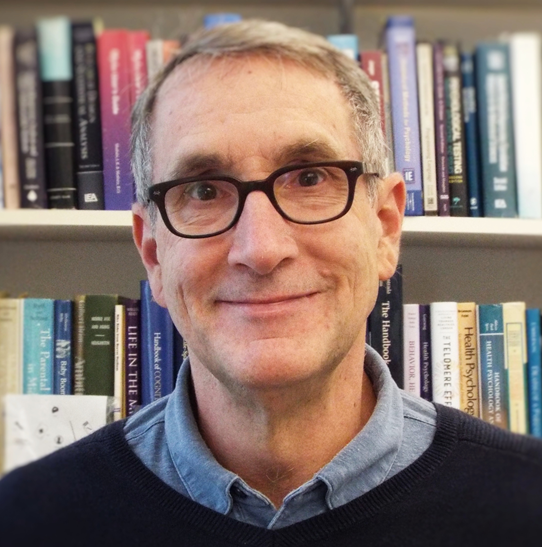
David Almeida, PhD, FGSA
Professor
Pennsylvania State University
David Almeida is Professor of Human Development and Family Studies and a faculty member of the Center for Healthy Aging at Penn State University. He earned his Ph.D. in Developmental Psychology from the University of Victoria. Dr. Almeida’s research examines the effects of biological and self-reported indicators of stress on health. His primary interest has been the role of daily stress on healthy aging, but he has also examined stress processes in specific populations and contexts, such as the workplace and family interactions, parents of children with developmental disabilities, and family caregivers. Dr. Almeida has held leadership roles in three National Institutes of Health Research Initiatives, including: the Midlife in the United States (MIDUS) Study; the Work, Family & Health Research Network; and the Science of Behavior Change Network. He is also the Director of a National Institute of Aging T32 training program on Psychosocial and Biological Pathways to Healthy Aging.
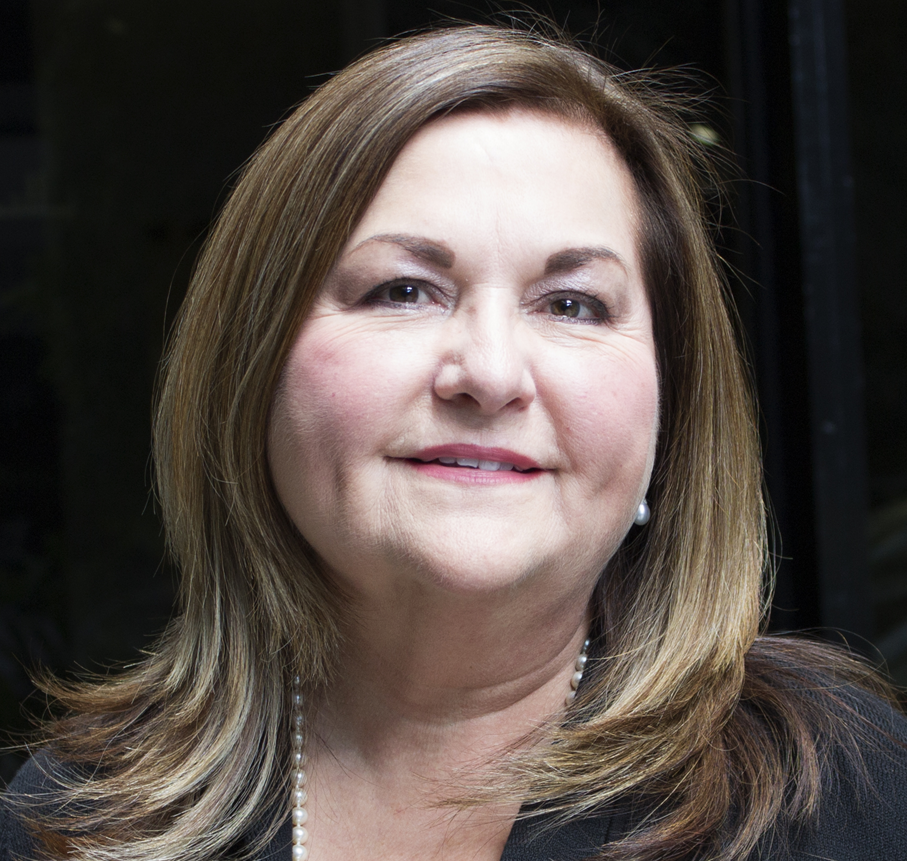
Maria Aranda, PhD, MSW, MPA, LCSW
Professor
University of Southern California
María P. Aranda, PhD, MSW, MPA, LCSW, is an internationally recognized social worker and sociobehavioral scholar in the fields of social work, gerontology, and health equity. She is Professor of Social Work with a joint appointment in Gerontology at the University of Southern California. She holds the Margaret W. Driscoll/Louise M. Clevenger Professorship in Social Policy and Administration. Dr. Aranda specializes in the area of medical and psychiatric comorbidity in adult and older adult populations, specifically in the areas of Alzheimer’s disease, depression, psychosocial interventions for individuals and family care partners, health disparities, and ADRD. Dr. Aranda is the Executive Director of the USC Edward R. Roybal Institute on Aging. She has extensive experience in randomized trials, ethnographic methods, large-scale epidemiological research, stakeholder engagement, and innovative recruitment and retention protocols with underrepresented racial and ethnic groups in the US and international populations.
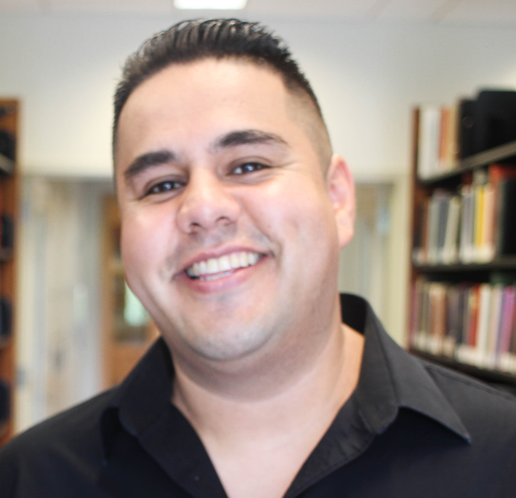
David Camacho, PhD, MSW, MSG
Assistant Professor
University of Illinois Chicago
Dr. Camacho earned his PhD in Social Work in Advanced Clinical Practice at Columbia University. His postdoctoral training is in Behavioral Geriatrics from the Weill Cornell Medicine Department of Geriatrics and Palliative Medicine. Dr. Camacho’s research focuses on developing and testing strategies that enhance the prevention and management of prevalent and morbid conditions associated with aging (e.g., chronic pain, loneliness, cognitive impairment) among Latino (Hispanic/Latinx) and other minoritized older adults. His work has been supported by the Council on Social Work Education Minority Fellowship Program, Columbia Center for Interdisciplinary Research on Alzheimer’s Disease Disparities, Cornell’s Translational Research Institute on Pain in Later Life, Clin-Star, and the National Institute on Aging. His research is informed by his extensive direct clinical practice as a bilingual (English/Spanish) and bicultural (Mexican and American) clinical social worker, as well as his personal experiences as a caregiver.
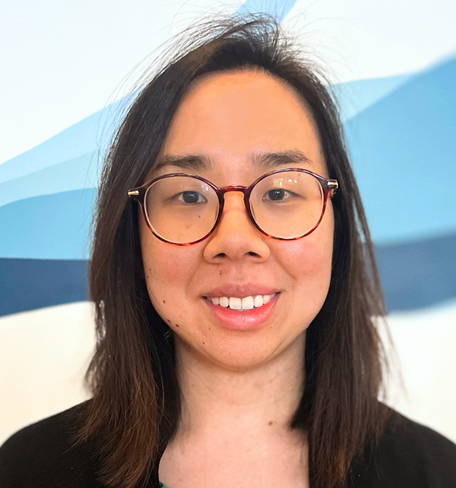
Catherine Cheng, PhD
Toxicologist
Procter & Gamble
Catherine Cheng, PhD, is a Toxicologist at Procter & Gamble, where she supports consumer safety within the Global Product Stewardship organization. Her previous roles include pharmaceutical and medical device regulatory affairs. Dr. Cheng holds a B.S. in Biological Sciences from Cornell University and completed her doctoral research in the Biology of Aging at the Barshop Institute in UT Health San Antonio; her research focused on sex-specific and age-related responses to pharmacological agents in lifespan studies conducted by the NIA Interventions Testing Program.
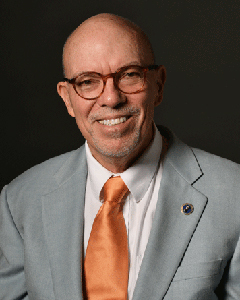
James F. Nelson, PhD, FGSA
2024 GSA Board of Directors Chair, Gerontological Society of America
Professor of Cellular and Integrative Physiology, Barshop Institute for Longevity and Aging Studies at the University of Texas Health Science Center at San Antonio
James F. Nelson, PhD, FGSA, is a professor of cellular and integrative physiology at the Barshop Institute for Longevity and Aging Studies at the University of Texas Health Science Center at San Antonio. Dr. Nelson’s research aims to understand the genetic and physiological basis for aging, using nutritional and pharmacologic interventions. Eight of his more than 110 publications have been cited between 500 and 4,100 times. His early work focused on female reproductive aging in mice and humans, with findings that continue to be highly cited. His studies of dietary restriction have identified an important role of hyperadrenocorticism in its anti-aging effects as well as striking genetic variation in its ability to extend lifespan. For over two decades, he has participated in the National Institute on Aging Interventions Testing Program (ITP), which has identified 13 drugs that increase longevity in genetically heterogeneous mice. Many of these compounds are approved by the U.S. Food and Drug Administration for other purposes. Dr. Nelson’s current work, analyzing the enormous lifespan dataset of the ITP, has uncovered striking sex differences in the life-extending efficacy of those drugs as well as in the age-specific mortality of the untreated mice that remarkably parallels that of humans. A major focus is to understand the biological bases for these sex differences in aging and drug efficacy, with the long-term goal of improving the lives of all of us as we grow older. Mentoring the next generation of geroscientists is a passion, manifest by his directorship of a PhD training program and the number of graduate students and postdoctoral fellows he has mentored.
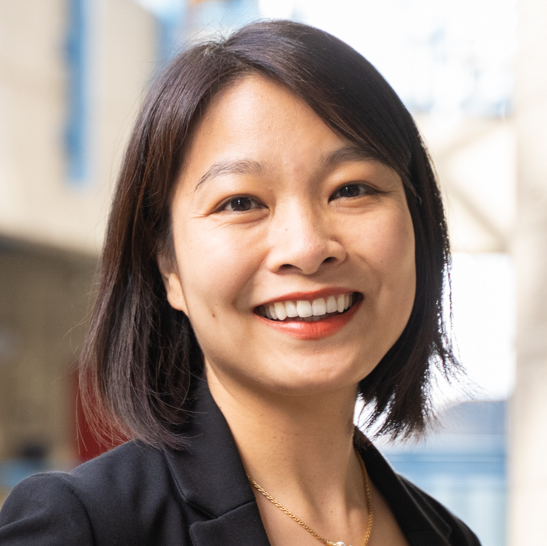
Nancy Sin, PhD
Associate Professor
The University of British Columbia
Dr. Nancy Sin is an Associate Professor of Psychology at the University of British Columbia. She received her PhD from the University of California, Riverside, and completed postdoctoral fellowships in geriatrics at UC San Francisco and gerontology at The Pennsylvania State University. Her research focuses on the biological, psychological, and behavioral pathways that link daily well-being and stress to downstream health and aging outcomes. She is an active GSA member and has held leadership roles in the American Psychological Association (Division 20) and the Society for Biopsychosocial Science and Medicine. In recognition of her scientific contributions, Dr. Sin was awarded the American Psychological Association’s Springer Early Career Achievement Award in Research on Adult Development and Aging, the Michael Smith Health Research Scholar Award, and the Innovative Research on Aging Award from the Mather Institute. Dr. Sin established the Diversity Mentorship Program at UBC, which provides mentorship and professional development support for students from diverse, under-resourced, traditionally underrepresented, and/or marginalized backgrounds.
